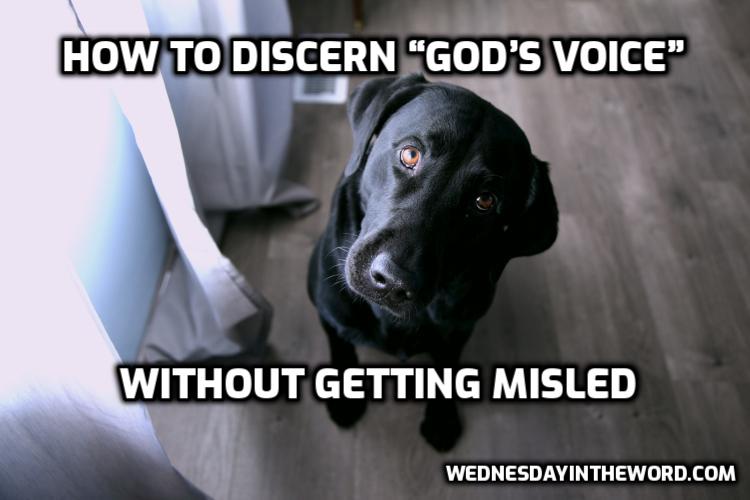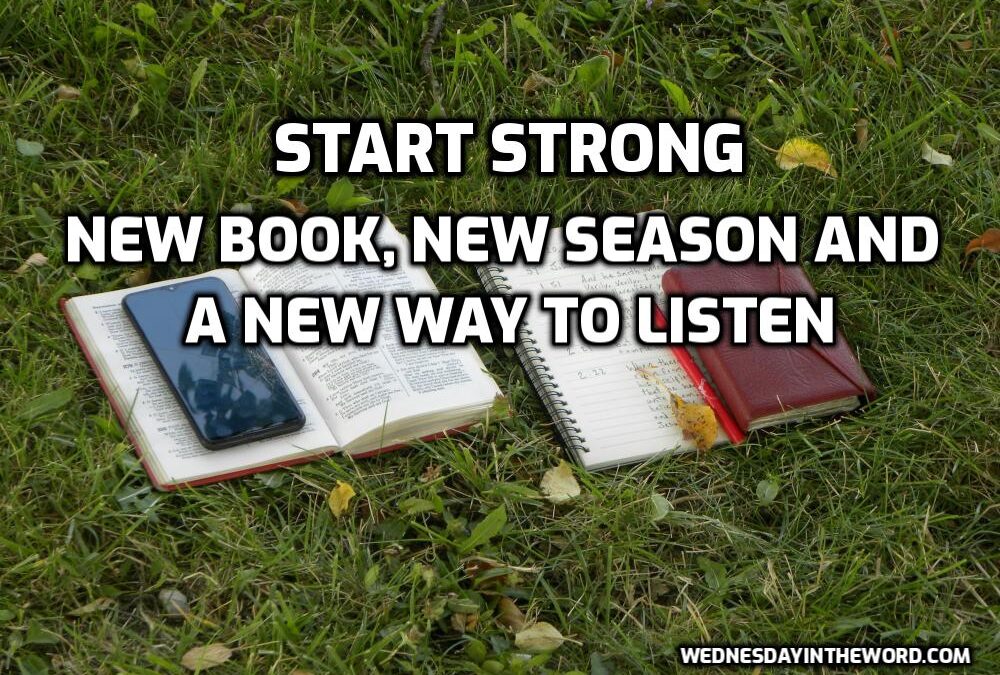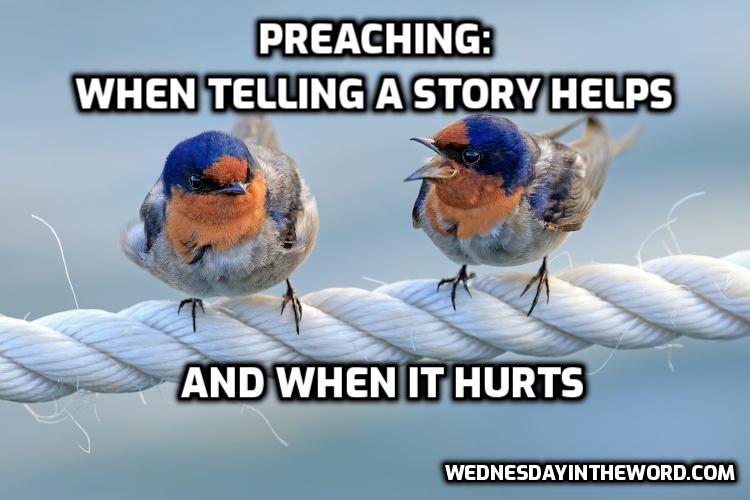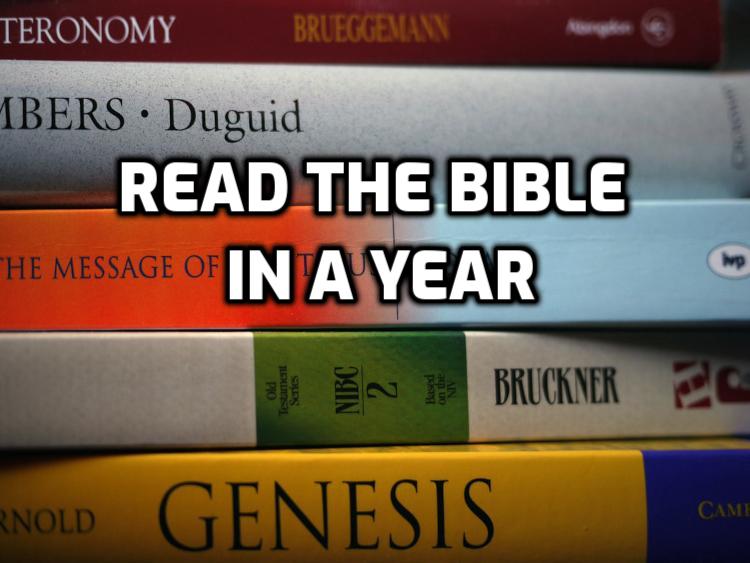


4 People You Need to Improve your Teaching
Grow as a Bible teacher with four key roles—cheerleader, coach, critic, craftsman. Learn to find them, set expectations, and trust the team.

work, ergon, G2041
Tools and resources you need to do a word study on the Greek word for work, ergon, Strong’s G2041.

How to Discern “God’s Voice” Without Getting Misled
You’ve probably heard a teacher, pastor or preacher say something to the effect “and then God told me.” What’s up with that? What role does personal experience and/or personal revelation play in Bible study? For me, the bottom line is: Scripture takes precedence over emotions and experience; and teachers ought to strive for accuracy and precision in their language. Here are the guidelines I use when teaching.

testing, dokimé, G1382
Resources to help you do a word study on the biblical greek word dokimé, translated testing, Strong’s G1382.

Start Strong in 2026: New Book, New Season and a New Way to Listen
Discover what’s new at Wednesday in the Word in 2026: a new season, a new book, and a new way to listen—designed especially for new and growing believers.

Preaching: When Telling a Story Helps (and When It Hurts)
Teaching through stories is increasingly popular. But there is a downside. Here’s how to avoid the pitfalls.

2025 Year in Review
2025 Year in Review: Highlights and accomplishments from Wednesday int the Word, who listened and where you listened from.

Read through the Bible
Have you decided to read through the Bible as one of your New Year’s Resolutions? Here’s a great selection of updated plans to help you keep that resolution.

Merry Christmas
Wishing you an “exceptionally good Christmas” and the true joy of the season that only the peace of God in hearts can bring.

Why Jesus Came
The angel tells Joseph something about this son Mary will have. Who does the angel say this child is?

Take the Bite out of Gift Giving
How can anything that fits under a Christmas tree transform the recipient’s life from misery to joy?
 Krisan Marotta is a Bible teacher and host of Wednesday in the Word, the podcast about what the Bible means and how we know.
Krisan Marotta is a Bible teacher and host of Wednesday in the Word, the podcast about what the Bible means and how we know.